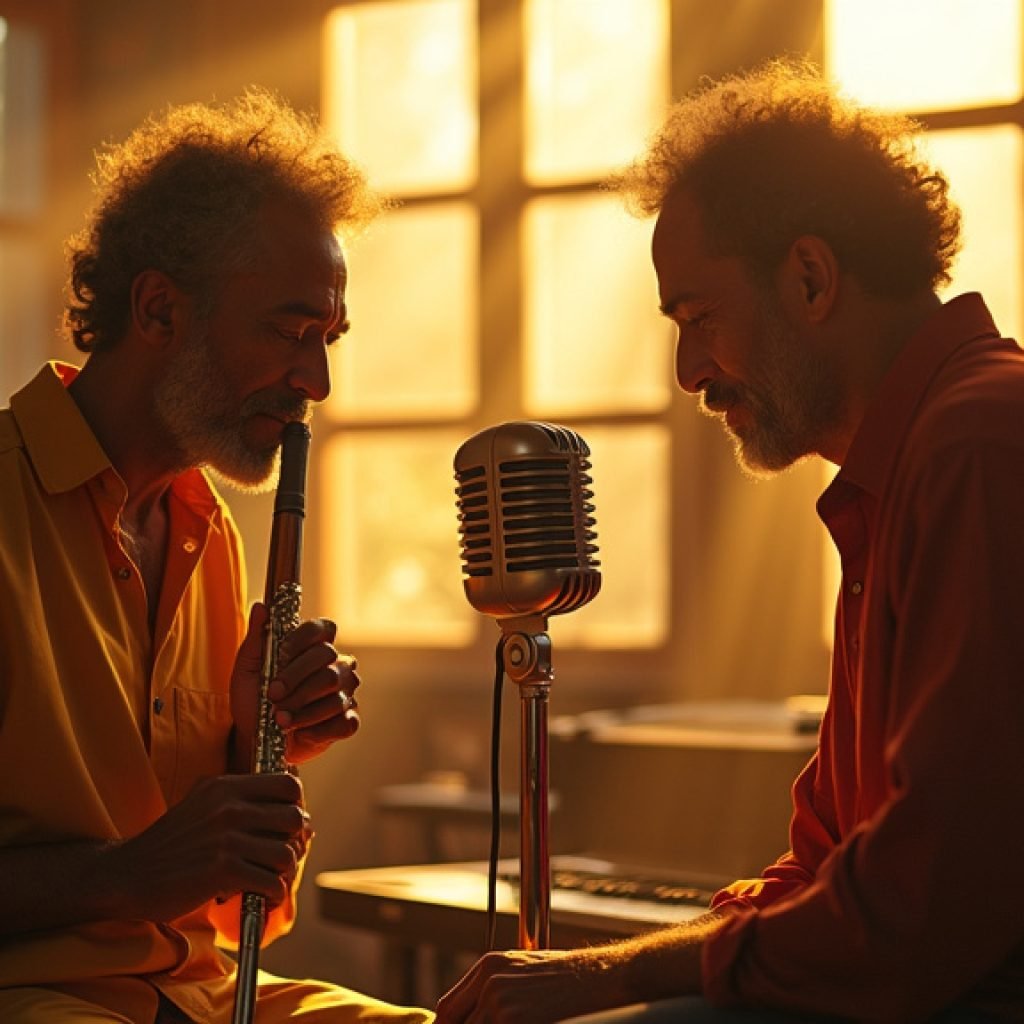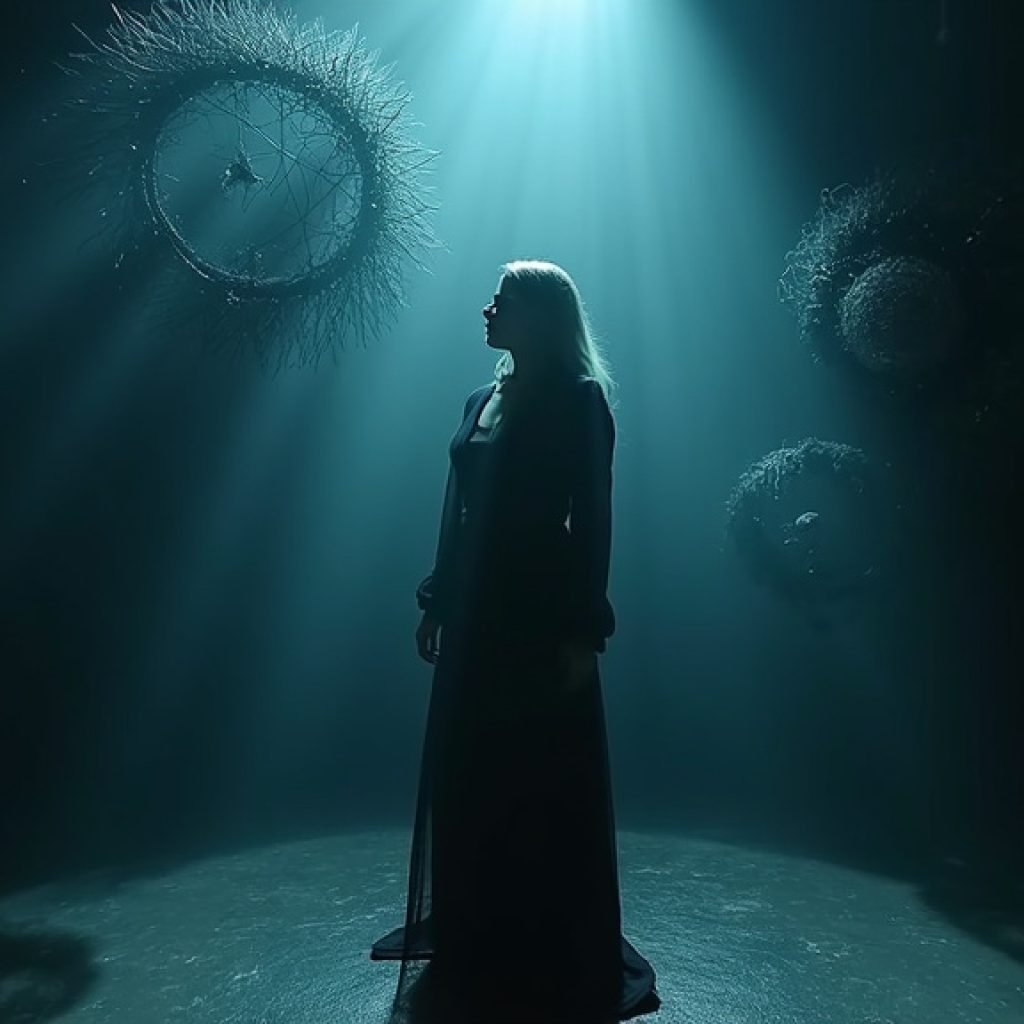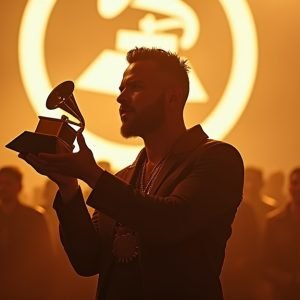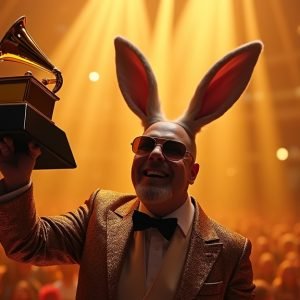The upcoming Super Bowl LX halftime show, set to take place on February 8, 2026, at Levi’s Stadium in Santa Clara, California, has become the center of a significant cultural debate. The NFL’s decision to feature global music superstar Bad Bunny as the headliner for the Bad Bunny Halftime Show has drawn both widespread acclaim and fierce criticism, leading to a Change.org petition demanding his replacement with country music legend George Strait. This petition, focused on the Bad Bunny Halftime Show, has rapidly gained traction, surpassing 100,000 signatures and highlighting deep divisions over representation, musical traditions, and the perceived values of American entertainment, creating a notable NFL halftime controversy. The anticipation for the Bad Bunny Halftime Show is immense, setting the stage for a significant cultural moment. This Bad Bunny Halftime Show is poised to be a defining moment.
The Petition’s Call for a Different American Sound for the Bad Bunny Halftime Show
The online movement, which garnered over 100,000 signatures by early November 2025, argues that Bad Bunny’s performance style and artistic expression are misaligned with what many American families expect from the Super Bowl halftime show. Organizers contend that the event should serve as a platform to “honor American culture” and remain “family-friendly,” steering clear of political undertones. They advocate for the inclusion of more traditional American music genres, specifically citing country music’s underrepresentation on the halftime stage. The petition proposes George Strait, a renowned figure in country music, as an alternative who could better embody “unity, tradition, and timeless American music.” This country music debate is a central theme for many signing the George Strait petition, adding to the overall halftime show controversy surrounding the Bad Bunny Halftime Show.
Bad Bunny: A Global Music Phenomenon and the Bad Bunny Halftime Show
Bad Bunny, born Benito Antonio Martínez Ocasio, is a Puerto Rican artist who has achieved immense global success, becoming one of the top-streamed artists worldwide and a significant force in modern music. His selection marks a historic moment, positioning him as the first Latin artist to headline the Super Bowl halftime show solo. Supporters view his performance as a crucial step forward for Latin music representation on one of the world’s largest stages. Bad Bunny himself has embraced the opportunity, framing it as an achievement for his culture and heritage, and has audibly responded to critics by suggesting they learn Spanish to understand his message. The anticipation for the Bad Bunny Halftime Show is immense for many, highlighting the cultural clash some perceive. The Bad Bunny Halftime Show represents a significant cultural milestone.
NFL and Former President Weigh In on the Bad Bunny Halftime Show
NFL Commissioner Roger Goodell has publicly defended the league’s choice, emphasizing Bad Bunny’s status as one of the most popular and important entertainers globally. Goodell stated that the selection for the Bad Bunny Halftime Show was “carefully thought through” to connect with a global audience and expressed confidence that the Bad Bunny Halftime Show would be an “exciting and uniting moment.” He acknowledged that controversy often accompanies halftime show announcements, noting that it’s rare to select an NFL halftime performer without some form of blowback. In stark contrast, former President Donald Trump has voiced strong disapproval, stating during an interview that he had “never heard of” Bad Bunny and calling the decision “absolutely ridiculous,” further fueling the NFL halftime controversy. The Bad Bunny Halftime Show has certainly sparked a debate.
A Broader Cultural Discourse Surrounding the Bad Bunny Halftime Show
The halftime show controversy surrounding Bad Bunny’s performance extends beyond musical preferences, tapping into broader cultural conversations about identity, language, and the role of sports in American entertainment values. Critics have pointed to Bad Bunny’s use of Spanish in his music and his past comments regarding immigration enforcement, such as concerns about U.S. Immigration and Customs Enforcement (ICE) raids potentially affecting his U.S. concerts. While Puerto Rico is a U.S. territory and its residents are U.S. citizens, some conservative commentators have questioned Bad Bunny’s “American” identity. Organizations like Turning Point USA have announced plans for alternative halftime shows in protest, further fueling the cultural debate. The Bad Bunny Halftime Show has certainly ignited a major cultural debate.
The George Strait Petition and the Halftime Show Controversy
Despite the petition and the criticisms, Bad Bunny remains confirmed as the headliner for Super Bowl LX. The ongoing debate underscores the evolving landscape of popular music and the increasing prominence of diverse artists, while also revealing the persistent cultural fault lines within the United States. The Super Bowl halftime show continues to be a significant cultural touchstone, reflecting and amplifying contemporary societal discussions through its choice of top performers and the stories they bring to the stage. The George Strait petition highlights the deeper halftime show controversy many feel regarding the Bad Bunny Halftime Show.


























